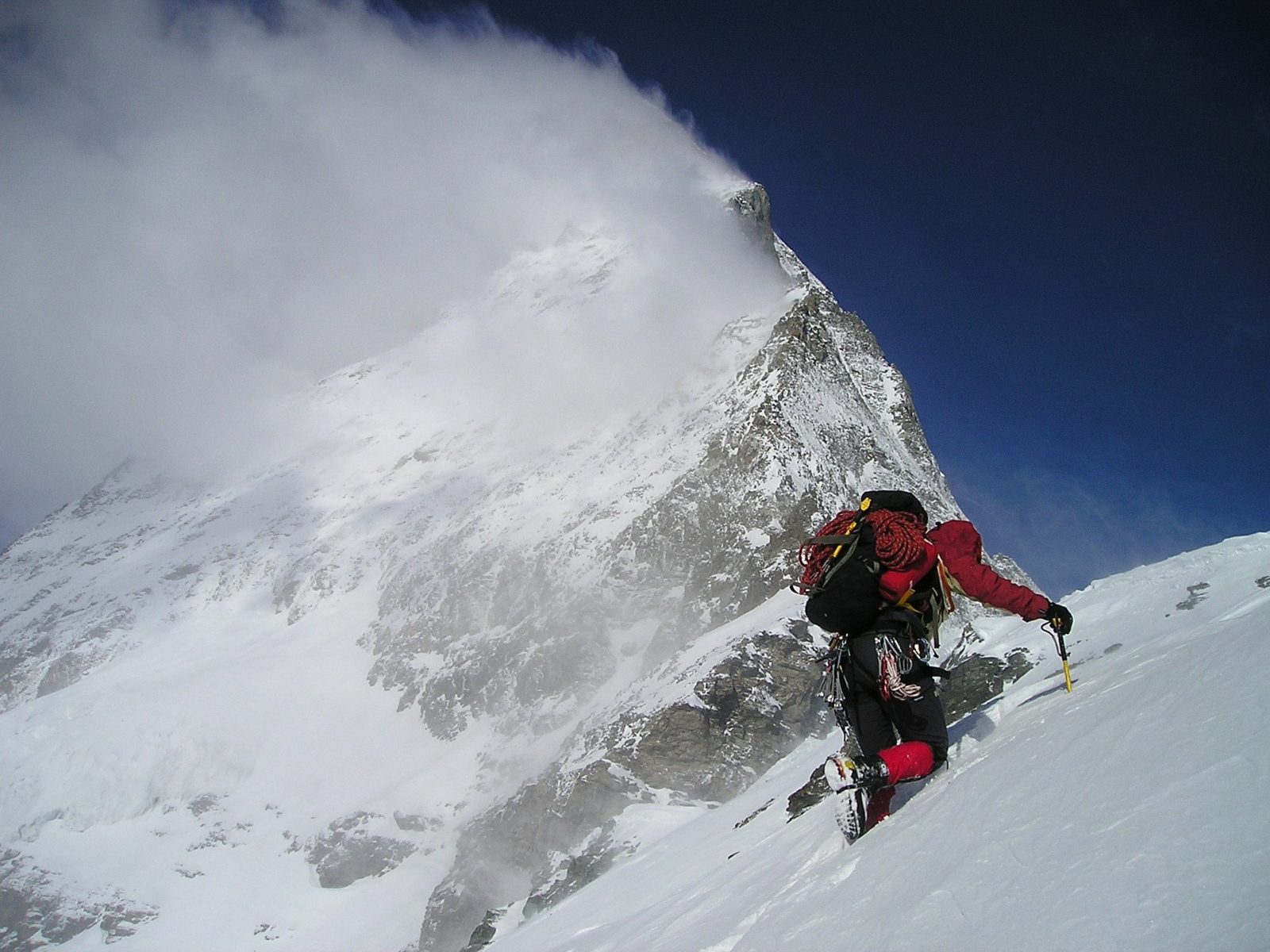Two ISTO members - AITR and the Romanian Association of Mountain Guides - are working on an Erasmus + project called "Mont Guide +" for a more sustainable and responsible tourism.
AITR interviewed Felicia Enache, president of the Romanian Association of Mountain Guides, who was the creator of
Mont Guide+.
Felicia, where does your love for the mountains come from? All my life I loved the mountain, I started as a child, with my father who was also very passionate. Trekking, climbing, skiing since childhood. In my life I have climbed many mountains, not only in my country, Romania; I climbed 7,000 and 8,000 meters in the Himalayas, many peaks in Latin America. I became a Guide and today I chair the Romanian Association of Guides.
What was the primary objective of the project? Elaborate and share a standard for the profession of Mountain Guide to propose in our countries, we in Romania, the Bulgarian friends in Bulgaria. Our countries, unlike Italy, are not yet part of the International Federation, the IFMGA; there is a need to align standards in order to obtain the necessary recognition and encourage the exercise of the profession at the international level. But it was not just a question of creating a standard that indicates the many technical skills, but also of implementing the principles and rules of sustainable and responsible tourism, which are becoming increasingly important both from an ethical and a competitive point of view. In Romania we have a long way to go, think that the Mountain Guide here is a specialization of the Tourist Guide !!
Who is your Association composed of? Of forty Guides, of which seven have IFMGA recognition and can exercise their profession internationally. My daughter Catrinel is one of them. Other associations operate in Romania and organize courses from which similar professional figures as the so called Mountain Leader
The standard was elaborated and we shared it. And what happens now? Our standard was presented to the Romanian authorities and the procedure for its adoption is in progress; but it is a complicated path, there are uncertainties about the competencies between those involved in Tourism, Sport, Environment, Training
We at AITR have enjoyed the partnership and are satisfied with this experience and its results. What is your opinion? Was it a positive experience? Yes, of course, the partnership has worked well, all partners have made important contributions, including AITR which has a great knowledge and experience in responsible tourism and also in tourism in mountain areas. For us it was very interesting to discover the Italian figure of the Excursion Environmental Guide, to know the skills that correspond to the expectations of a growing market. Furthermore we have been able to count on the collaboration of our National Agency for Erasmus projects, which with wisdom and pragmatism accompanied us along this path helping us to overcome some critical aspect due to the complexity of the subject
Can you tell us about mountain tourism in Romania? Mountain tourism was very popular until the 1989 Revolution, many foreigners came, especially from other Eastern European countries; after 1989 there was a collapse, but for some years we have witnessed an impressive growth again, both in our mountains and in the Parks. Many tourists arrive in Romania, both from European countries, including Italy and from other countries and continents
And are there any problems? The most serious problem is that of cleaning, unfortunately tourists, even if they love the mountains and nature, often have inappropriate behavior with regards to cleaning, in particular waste. This is why in the standard we have indicated many rules of environmental sustainability and indeed, we have decided to move these rules from optional to mandatory. Environmental education becomes strategic
Do Romanian schools offer educational trips, so-called school trips, to the mountains and to the Parks? Not often; teachers and teaching departments do not want to take risks; however we have an important tourism for girls and boys in Nature Camps and in Summer Camps; these are holidays organized outside the school system but for the same age groups
Does your government have its own policy for protected areas? Yes, we also have a National Agency that deals with Protected Areas, not just the Ministry of the Environment. As everywhere in the world, the central theme is the search for a balance between the objectives of protection and those of economic and tourist development
One of the objectives of the Erasmus project was also the opening to disadvantaged groups; what was done? We have identified disadvantaged categories, in particular orphans of both parents or young people living in single-parent families, long-term unemployed, other children whose parents live abroad; we have brought them closer to the mountain professions and we are allowing some of them, who have shown interest, to participate for free in our courses, which are generally quite expensive and inaccessible for those without adequate financial resources
Can you give us an overall evaluation of the project? It was an important and positive experience. We have exchanged knowledge, points of view and sensitivity among our partners. We were pleased to note that in all our countries, attention to environmental and sustainability issues is growing both in the exercise of professions and in the use of territories by tourists. Attention to the quality of the relationships between the local communities and their guests is also growing and, in mountain tourism, the interest is not only increased for climbing and trekking but also for local history, culture, cuisine, traditions , the tangible and intangible culture of the places.

Sabrina Urrutia - ISTO
20-12-2019

